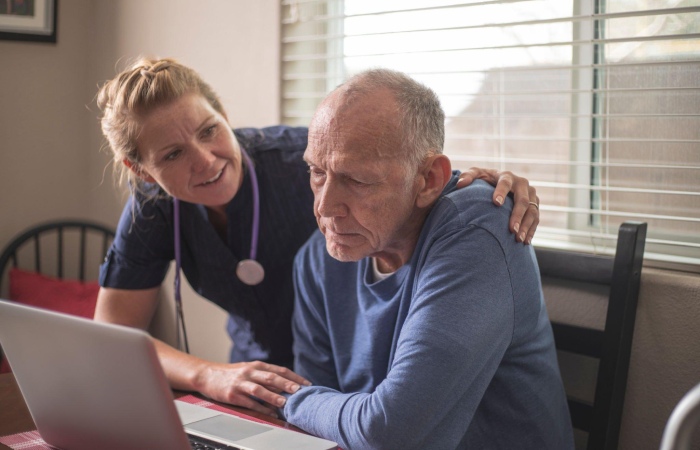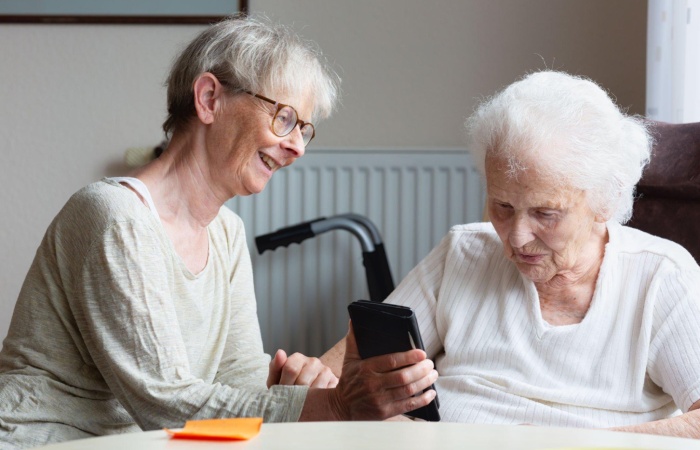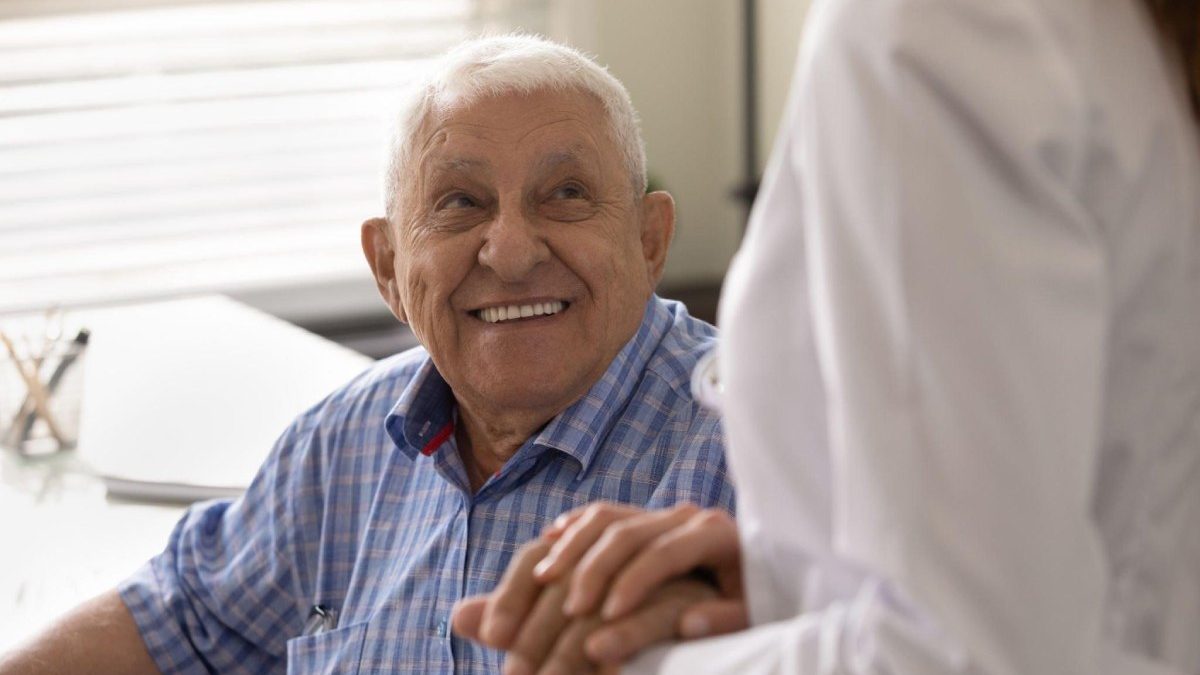Table of Contents
Introduction
Technological development helps keep dementia patients independent and self-reliant for longer. Gavin Bashar, managing director of Tunstall Healthcare UK, discusses the critical role of medical warning systems. Activity monitoring and health monitoring in improving care and maintaining the health and well-being of dementia patients.
Some 850,000 people with dementia live in the UK, and the number expectation is to increase to 1.6 million by 2040 due to an aging population. It may be challenging to care for someone with dementia, so how did the situation worsen during the corona pandemic more.
With an understanding of more different forms of dementia, technology can make a significant and positive alteration in the lives of dementia patients, and health and social care systems can effectively support their needs.
Why Technology for Dementia Patients?

Technologies such as medical alert systems, remote communications and telemetry care provide an excellent opportunity to recover the quality of life of dementia patients. If properly deployed, technology helps vulnerable individuals stay independent, secure, and socially engaged with friends, family, and the community. Dementia patients can also use technology to secure more effective options.
the role of technology in the lives of people living with dementia – technological development helps keep dementia patients independent and self-reliant longer – technology’s role in caregiving
With the benefits of technology, it cannot be relied upon as an alternative to human interaction. As a result, the user may feel lonely and isolated. The benefits of medical alert systems are not only for dementia patients but also for caregivers. When providing remote care, caregivers can improve their relationships with patients. Provide opportunities for activities outside their homes and ensure that the patient is safe and comfortable.
To achieve the benefits of technology in the complete care of dementia patients, it must be provided promptly and tailored to the specific needs of each individual, ensuring appropriate support early on that enables users to continue to live in an environment of their choice for as long as possible with dignity and independence.
The range of technology available is continually growing to make early diagnosis essential so that appropriate systems can be developed to provide insight into behavioural patterns and enable effective care planning.
The Role of Technology in Providing Care
Technology plays a vital role in refining the quality of care, increasing the capacity of critical services and providing flexibility in the way care is delivered. Making care for dementia patients more proactive and predictive and helping to address current and future challenges.
In addition, given the impact of increasing population age and increasing the number of people with dementia. Technology will provide more effective oversight so that people at risk live independently of home care for as long as possible.
Vulnerable people can seek emergency assistance from a group of specialists 24 hours a day. In addition to the possibility of making advance calls to service users, verifying their well-being, advising them and supporting caregivers.
Assistive technology provides advanced remote monitoring and proactive care planning, ensuring care when needed. Separate monitoring can also identify activity at home over time. Detect any lack of well-being at an early stage and allow for intervention that may reduce or delay the need for careful care.
In addition, remote monitoring can give an early indicator of vital signs and symptoms of deteriorating health. Allowing doctors to view data through an online portal to identify individuals most in need of intervention.
Technology in Practice for Dementia Patients

Organizations across the UK are working to help support individuals with a wide range of needs using technology. For example, Hertfordshire telecare supports around 4,000 people to lead a more independent life. Many of whom have dementia.
One of the patients, we’ll call norman for his privacy. He suffers from vascular dementia and lives alone. With his daughter living nearby. Technology helps him stay safe at home and provides reassurance to his daughter. For example, if a water leak, fire or carbon monoxide is detected in a norman’s home. Remote sensors automatically issue a 24-hour alarm to the control centre.
Norman also has a GPS tracker, allowing his daughter to locate him if he leaves the house and enabling her quickly to find norman. Bring him home and avoid risk. It also means that norman can stay at home instead of entering residential care to ensure his safety.
Also Read: iPhone XS Max Ashes of the Singularity Wallpaper – Complete Guide


